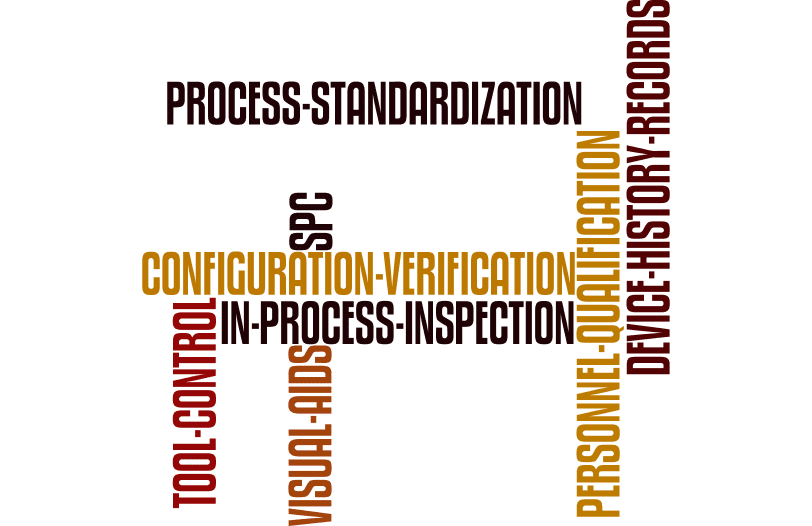A recent article in Quality Magazine details a laundry list of symptoms of Quality Management Systems (QMS) that remain immature through sloppy collecting and handling of data:
- Data is stored in paper files, spreadsheets, and directories
- Weak processes and cultural factors are apparent
- There is a lack of clarity or absence of coherent policies and processes for data collection
- Poor configuration is evident, including failure to correctly monitor controls
- Culture does not support openness and reporting
- The processes are good but execution is poor—frequent errors
- Insufficient supervision and internal control are apparent
- Audit trail is not available
- Financial and operational pressures create moral hazard that jeopardizes data integrity
- Data can pass casually between systems
- Access to data for analytical purposes is not controlled
The piece goes on to underscore the importance of having a QMS with “appropriate technology.” To that end, we recommend considering integrated quality in the Manufacturing Execution System (MES). Integrated quality in MES means total incorporation of tracking processes—and ultimately corrective actions—directly into the manufacturing process. This integrated quality functionality removes the duplication of effort from the manufacturing process while improving quality processes.
The moment a quality issue is identified in the manufacturing process, MES like iBase-t’s Solumina knows exactly what it is, eliminating the need to go to a second system and enter the same information. Solumina is inherently self-aware of what is going on with the manufacturing process, allowing quality technicians to quickly and accurately identify the problem, then route that information through the appropriate manufacturing supervisors to assess next steps to resolution. When software like Solumina has integrated quality management into MES—specifically, corrective action processes—manufacturers are able to incorporate all proofing activities into manufacturing processes, work instructions, and ultimately on the shop floor to ensure that repeat defects will never happen.
A further advantage is streamlined reporting. The need to develop additional reports for regulatory compliance or customer communications is essentially eliminated when quality reports are embedded in MES. Quality integrated MES solution can be leveraged to facilitate communications and collaboration with all essential parties.
A manufacturer that does not include an MES in the evaluation of a quality management system may be missing out on the following proactive quality management functions that should be provided by an MES:
- Process standardization and visual aids
- Process enforcement
- Configuration verification
- In-process inspection
- Statistical Process Control (SPC)
- Production process verification
- Personnel qualification
- Tool control
- Device history records
By managing quality from the inside and throughout the entire manufacturing process with an MES that integrates inspection practices and verifies the certifications of personnel, tools and machines, manufacturers have an advantage. It is not enough to simply track defects, failures, and corrections; quality management practices that prevent errors and catch them as early as possible must be integrated into the manufacturing process. MES with integrated quality functionality can help manufacturers do this efficiently and cost effectively.





